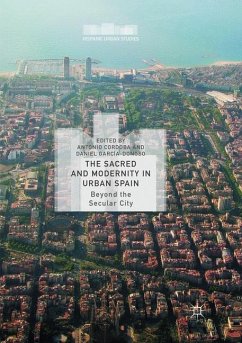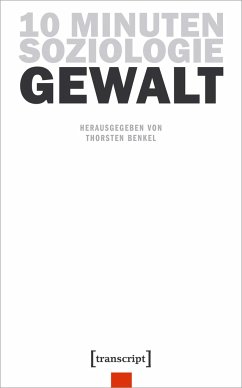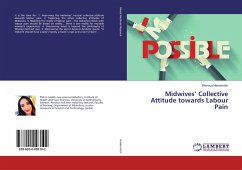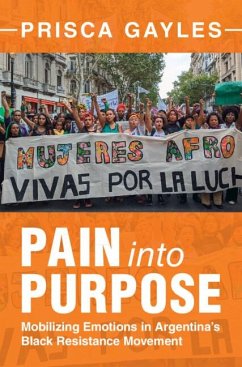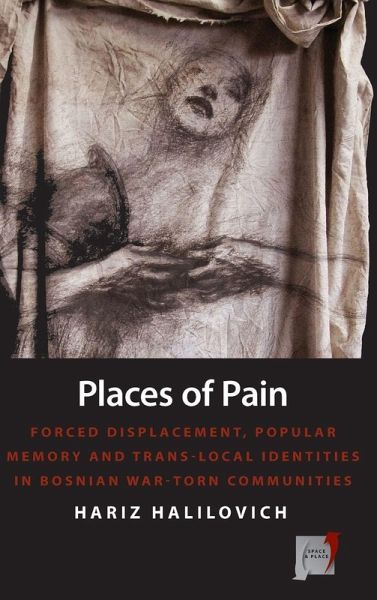
Places of Pain
Forced Displacement, Popular Memory and Trans-local Identities in Bosnian War-torn Communities
Versandkostenfrei!
Versandfertig in 1-2 Wochen
131,99 €
inkl. MwSt.

PAYBACK Punkte
66 °P sammeln!
Written in an accessible, narrative style. Based on the largest qualitative study of displacement of Bosnians so far. Applies multisited and digital ethnography. Includes stories of forced displacement of both refugees and IDPs



